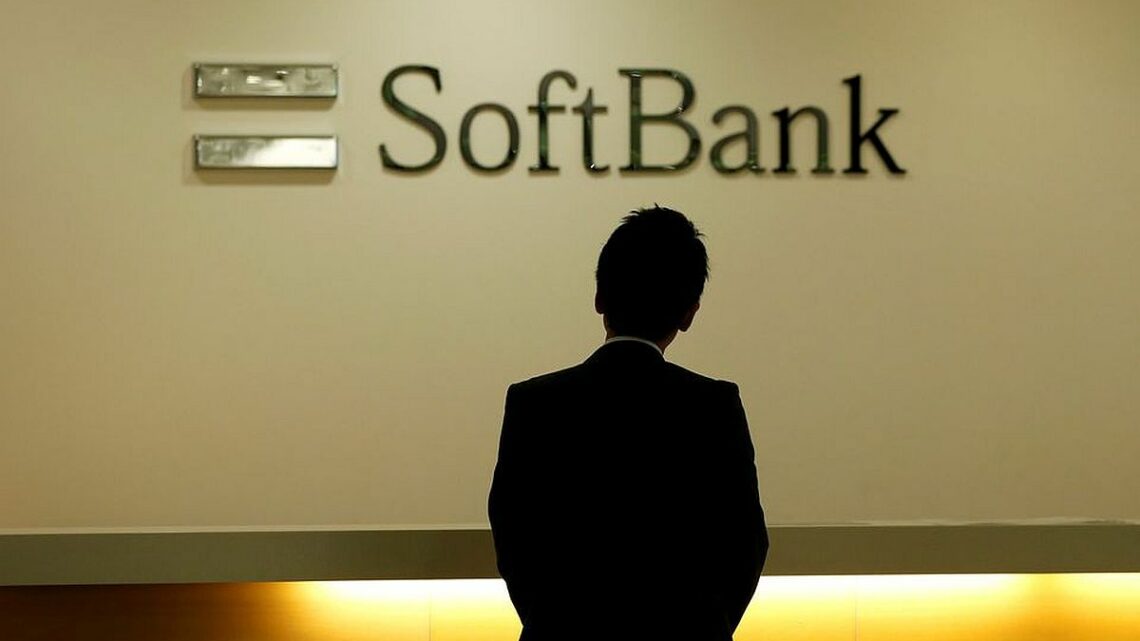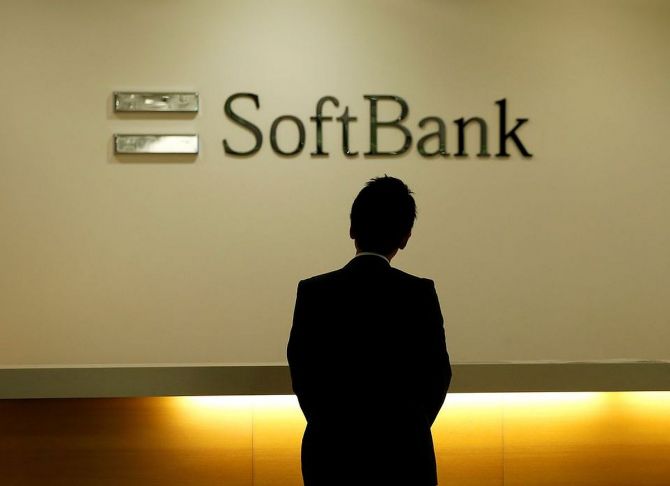
SoftBank warns its portfolio firms of cost cutting
August 20, 2022After a recent fall in profit, Masayoshi Son of SoftBank announced that the Japanese tech investor will look at dramatic cost-cutting.
Before he does that, investments in India for calendar year 2022 (CY22) will fall radically, observed sources in the know.
Last year, the company had invested around $3.2-3.5 billion in the Indian start-up ecosystem — almost 10 per cent of the total investment the sector received. For CY22, the investments may not even touch $1 billion.
“So far, SoftBank has invested around $450-500 million.
“It is looking at a few more that may take its overall investment in India to $600-650 million,” said a person privy to the discussions.
Even as investments in India have declined, SoftBank is also meeting its portfolio firms in India.
The message is clear.
“Have enough cash to sustain for two years. It believes this funding winter will be a fairly long-drawn-out one and recovery will be sluggish,” said another source.
People familiar with the firm’s plans said while the follow-on will be scrutinised and will be supported where required, new investment will be hard to come by.
“This year it is going to be very selective.
“The thought process is that the markets will hit the bottom by early 2023,” said another source.
The Japanese firm does not see the initial public offering (IPO) market reviving any time soon.
In a marked departure, FirstCry — one of its early India investments — is ready to make its public debut this year.
SoftBank is reaching out to all its portfolio firms as the Japanese fund looks at trimming costs.
Sources in the industry said its portfolio firms have been told they should look at conserving cash for at least two years since the fund believes this will be a fairly protracted recovery.
Even in terms of IPO, they say it will take at least one to two years for markets to bounce back.
Vision Fund (VF)-1 still has $10-12 billion for follow-on investments, but these will be done with greater scrutiny.
“Wherever its need to protect its shareholding, it will do a follow-on investment,” added the source.
This development comes at a time when Son said he plans widespread cost-cutting at his Japanese conglomerate and its VF investment arm.
He is making such a move after the Tokyo-based firm witnessed a record $23.4-billion loss on plunging portfolio valuations and foreign currency losses.
It lost a vast majority of that money — $17.3 billion — in the VF as it marked down the value of holdings such as DoorDash, Coupang, and SenseTime Group.
The firm also reported a $6.1-billion foreign exchange loss because of a weak yen.
“The loss is the biggest in our corporate history and we take it very seriously,” Son said during a press conference after the results.
He said the firm has to resort to big cost-cutting efforts at VF.
He said that the cost-cutting efforts will have to include a reduction in headcount.
Son delved into the missteps and problems in his portfolio.
He said SoftBank had marked down 284 companies in its portfolio in the latest quarter, while only 35 went up in value.
The markdowns comprised publicly-traded portfolio firms.
It also included many private firms whose estimated values had dropped due to lower comparisons or weak performance.
In India, SoftBank has backed many companies and unicorns or start-ups with over $1 billion in valuation.
These include Paytm, Oyo, Ola, Lenskart, PolicyBazaar, FirstCry, Meesho, Unacademy, Zeta, Swiggy, Ola Electric, and InMobi.
“It won’t be like last year right where everybody was throwing in money as the Indian start-up ecosystem raised record investment of about $36 billion,” said an industry person, adding, “This year, SoftBank may end up doing another one/two deals in the last quarter, investing a total of $700 million.
“The total investment raised by start-ups in India this year is expected to be around $16 billion.
“This is half of what was raised last year.”
Unacademy may see a funding dry spell for at least the next 12-18 months and last for 24 months.
It will cut costs to weather the lean period, said Gaurav Munjal, chief executive of the education technology unicorn.
It recently laid off more than 1,000 employees.
The founders have taken a salary cut. Complimentary meals and snacks across offices have been done away with, and ‘certain businesses’ are being shut down.
Mobility platform Ola is laying off 500 employees in a move aimed at driving cost-efficiency, revealed sources.
Internet commerce firm Meesho downsized its grocery vertical Meesho SuperStore (formerly Farmiso) in an attempt to drive efficiency and laid off 150 employees.
“Clearly the discussion has moved to profitability and sustaining a growth rate.
“You will see across the sector, start-ups in the Series C, D, and E kind of space are not hiring at all.
“It is only the early-stage players that are hiring now,” said an industry player on the funding crunch impact.
Experts such as Rituparna Chakraborty, executive director and co-founder of staffing company TeamLease, said while SoftBank is one of the biggest investors in the start-up ecosystem, it still represents just 10 per cent of the overall investment.
“While investment in 2022 is lower than the previous years, SoftBank has continued to make investments in India this year.
“It is my belief that there is no reason to take a generic view of the future employment impact in start-ups and large unicorns,” said Chakraborty.
“Organisations in both segments will play on fundamentals of financial prudence relevant to one’s own business model.
“That might lead to hiring, on the one hand, and even some layoffs on the other.
“Even evolving change in the profile or skill mix can determine the future choices organisations are likely to make,” she added.
Source: Read Full Article



